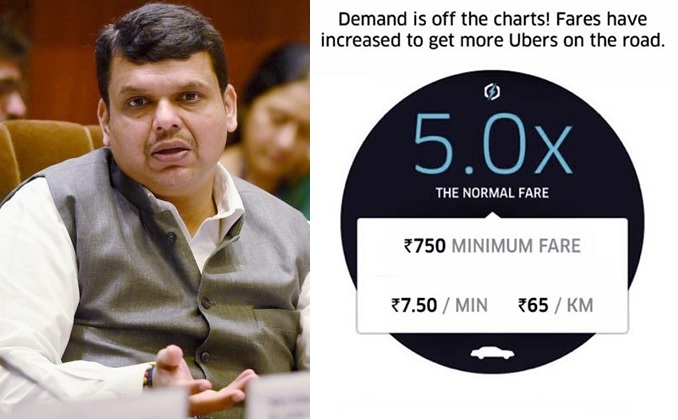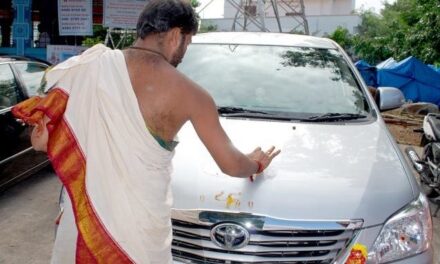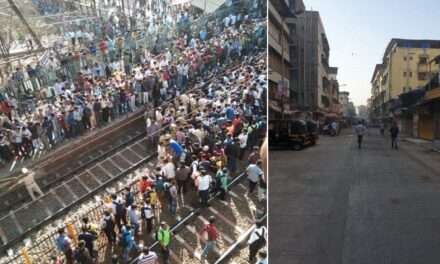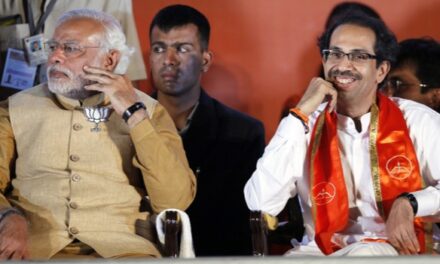Uber urges Fadnavis to NOT cap ‘surge pricing’ in new Maharashtra City Taxi Rules


Maharashtra CM Devendra Fadnavis (left: Uber surge pricing)
Global cab aggregator, Uber, has written a letter to Maharashtra Chief Minister Devendra Fadnavis opposing the government’s decision of capping the maximum fare of app-based taxis in the city.
The global giant has claimed that the proposed upper limit on fares will make its service unreliable and increase the waiting time for commuters.
Uber also maintains that its surge pricing algorithm, which automatically alters the fares based on the number of available cabs, helps in ensuring high availability while incentivising its drivers.
Earlier this month, the state government published a revised Maharashtra City Taxi Rules 2016 for regulating app-based taxis and capping the surge pricing policy practiced by Uber and it’s biggest Indian rival, Ola.
In the revised scheme, the government has made the following changes, among others:
# Decided to fix a maximum and minimum fare for the app-based taxis.
# Made it mandatory for operators to have at least 50 percent of taxis with over 1400 cc engine capacity in their fleet.
# Set Rs 25,000 as permit fee for cabs under 1400 cc and Rs 2.61 lakh for taxis over 1400 cc engine capacity.
In the letter to Fadnavis, Shweta Rajpal Kohli, head of public policy at Uber, has said that some of the proposed rules – if adopted – would mean an end to the Uber that Mumbaiites know and love today.
“We understand that existing taxi drivers are feeling the pressure from services like Uber. But the answer is to level the playing field by reducing today’s burdensome regulations – not to introduce rules that will be bad for riders, drivers and Maharashtra,” it reads.
The company also maintains that the engine capacity regulation will have an adverse impact on fares.
“The rules suggest that ride-sharing apps should ensure half the fleet of cars on the platform are over 1,400cc capacity. The push towards more premium cars will mean more economical and fuel-efficient cars being pushed out from the platform. It will take away freedom and flexibility of drivers to have vehicles of their choice, forcing them to buy more expensive cars, which will push up fares,” it stated.
It also addressed the increase in permit costs, and how they might make the business ‘unviable’.
“This will make it unviable for driver partners to operate, restricting the number of people who can join the platform. This will also mean longer waiting time and higher prices for riders as reliability of service will suffer. The requirement for Uber to deposit Rs 50 lakh per 1,000 vehicles will make the business unviable,” the letter reads.
Since its launch in 2014, Uber has become a popular choice among Mumbaikars, who now rely on the aggregator for their daily travel or livelihood.
“I am sure you will appreciate that regulations that limit the economic opportunity for thousands of drivers and come in the way of affordable transport option for riders will be detrimental to the state and its citizens,” Kohli concluded in the letter.













